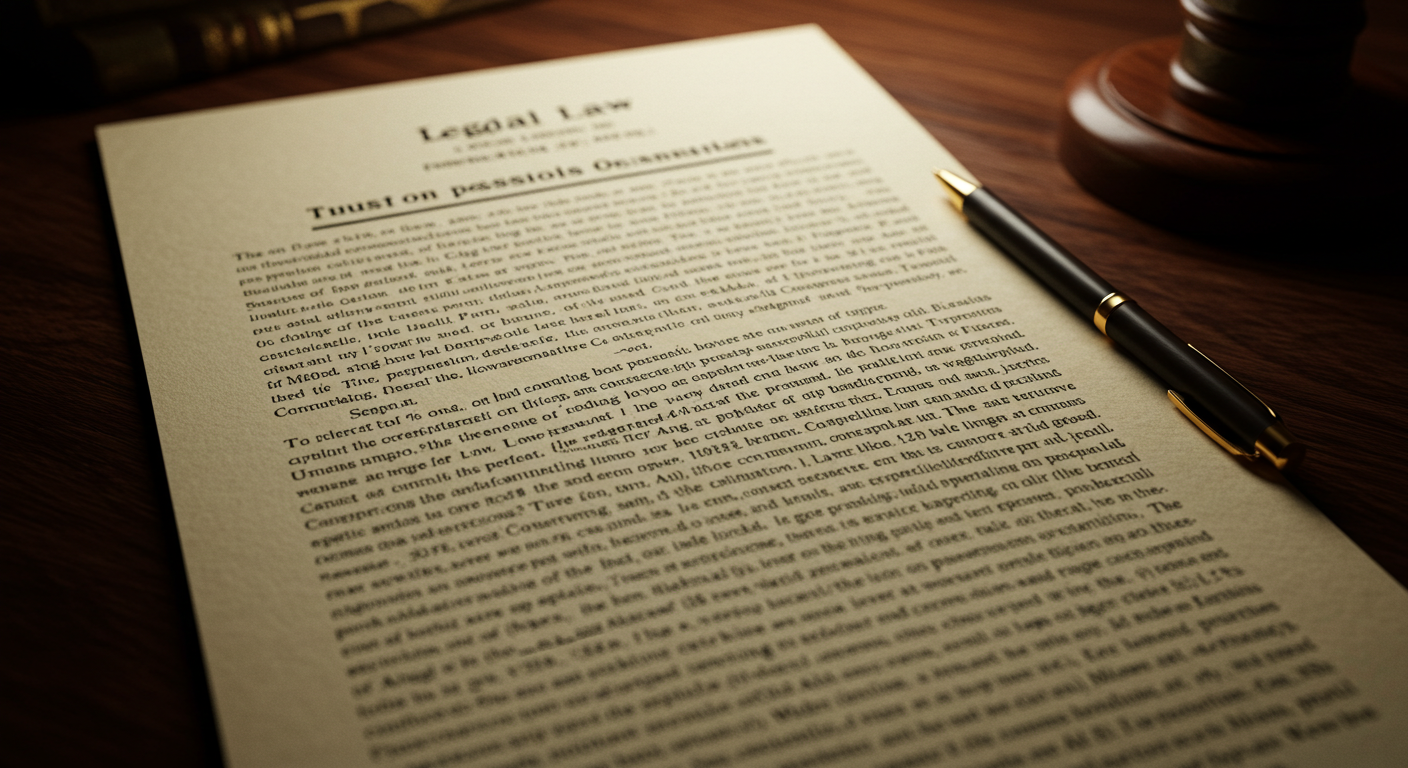Occasional Use of Cannabis: Legal Status, Defences, Consequences, and the Need for Legal Advice

Occasional Use of Cannabis: Legal Status, Defences, Consequences, and the Need for Legal Advice
The occasional use of cannabis, often referred to as smoking a joint, raises important legal questions in the UK. Despite changing attitudes towards cannabis globally, it remains a controlled substance under UK law.
This article examines whether smoking a joint every now and then is a criminal offence, explores potential defences, the consequences of such an action, and underscores the importance of seeking legal advice.
Legal Status of Cannabis in the UK

Classification: Cannabis is classified as a Class B drug under the Misuse of Drugs Act 1971. Possession, cultivation, and distribution of cannabis are illegal.
Occasional Use: Even infrequent or casual use is illegal. Being caught in possession of cannabis, regardless of the amount or frequency of use, constitutes a criminal offence.
Potential Legal Defences
Limited Defences: The scope for legal defences in cases of cannabis possession is extremely limited. Claiming ignorance of the law or the substance’s legal status is not a valid defence.
Medical Necessity: In very rare cases, a defence of medical necessity might be considered, but this is highly specific and requires substantial evidence.
Consequences of Cannabis Use

Criminal Charges: Being caught with cannabis can lead to criminal charges. The severity of the charges typically depends on the amount of cannabis and whether it’s deemed for personal use or distribution.
Penalties: Penalties for possession of a small amount of cannabis intended for personal use can range from a warning or a fine to imprisonment for more serious cases.
Impact on Future Opportunities: A drug conviction can significantly impact future employment prospects, especially in sectors that require a clean criminal record. It can also affect travel opportunities to certain countries and eligibility for some professional licenses.
Why Seek Legal Advice
Navigating Legal Complexities: Understanding the legal ramifications of cannabis possession requires professional expertise. A solicitor can provide clear guidance on the law and potential outcomes.
Representation in Court: If charged, having legal representation is crucial. A solicitor can present your case, argue for mitigating circumstances, and aim to achieve the best possible outcome.
Mitigating Long-Term Impact: Legal advisors can help in minimising the long-term impact of a conviction on your life, including advising on potential repercussions in your professional and personal life.
Conclusion: Understanding Occasional Use of Cannabis in English Law

While societal views on cannabis may be evolving, its use remains a criminal offence in the UK, carrying potential legal repercussions. Casual or occasional use does not exempt one from these laws.
Understanding the severity of these implications highlights the importance of seeking legal advice. Professional guidance and representation are crucial in navigating the legal system, understanding your rights, and mitigating the long-term impacts of a drug conviction on your life.
Notice: Informational Content Disclaimer
The content provided on this website, including articles, blog posts, and other informational materials, is intended for general informational purposes only. It is not intended as, and should not be considered, legal advice.
Visitors to this website should be aware that the information presented here is not a substitute for seeking legal advice from a qualified solicitor or legal professional. Each individual's legal situation is unique, and the information provided may not be applicable to specific circumstances.
If you require legal advice or have specific legal questions, we encourage you to contact us directly. Our experienced team of solicitors is here to assist you with your legal needs and provide tailored advice to address your concerns.
Please be advised that any communication through this website, including the use of contact forms or email, does not create a solicitor-client relationship. Confidential or time-sensitive information should not be sent through this website. To establish a solicitor-client relationship and discuss your legal matters in detail, please contact us for a consultation.
We strive to provide accurate and up-to-date information, but we make no representations or warranties regarding the accuracy, completeness, or suitability of the information contained on this website. We shall not be liable for any reliance placed on the information provided herein.
Thank you for visiting our website. We look forward to the opportunity to assist you with your legal needs.




